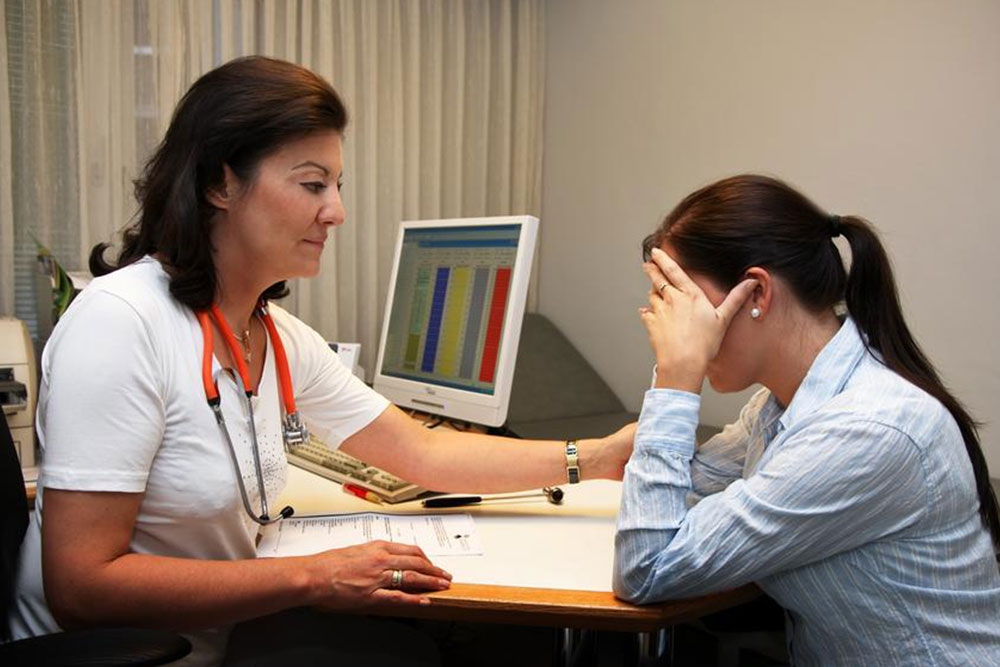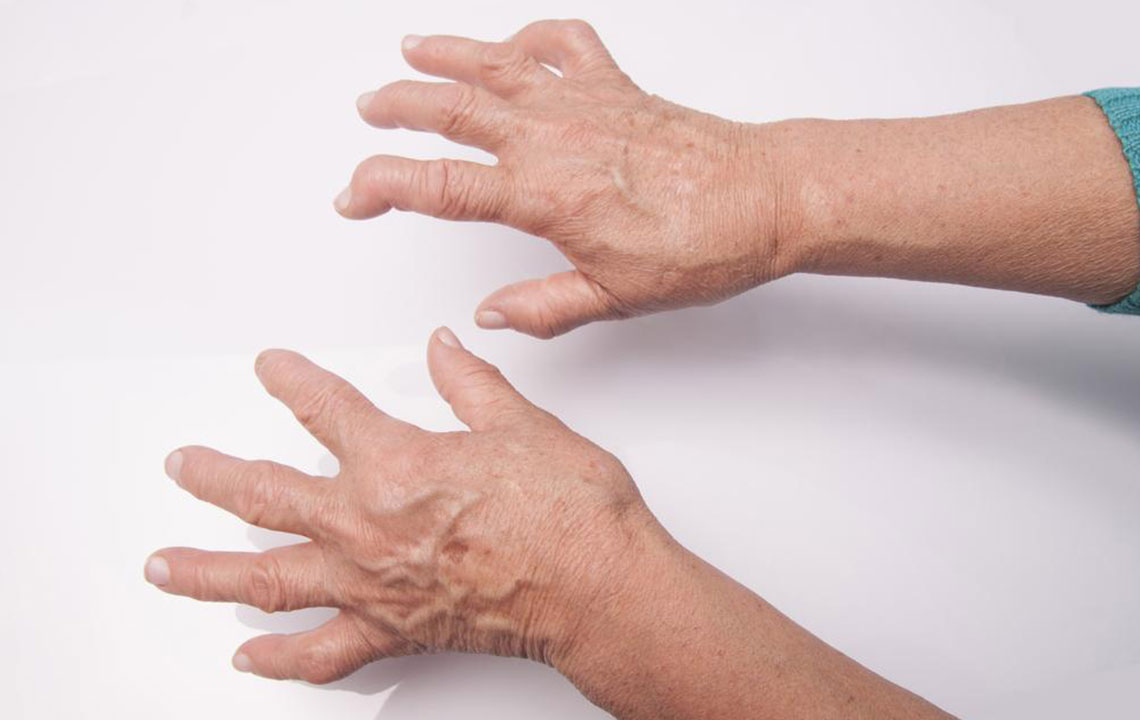Recognizing the Signs and Symptoms of Stomach Cancer
Stomach cancer can be detected early through recognizing key symptoms such as indigestion, fatigue, and weight loss. It predominantly affects those over 40 and is more common in men. Healthcare professionals utilize endoscopy and biopsies for diagnosis. Awareness of symptoms and prompt medical consultation are vital for better outcomes.

Understanding the Common Indicators of Gastric Cancer
Gastric cancer, also called stomach cancer, develops when healthy cells in the stomach turn abnormal and multiply uncontrollably. It ranks high among cancer-related fatalities globally. Tumors may be malignant or benign; malignant tumors are cancerous and can spread beyond the stomach. Early detection relies on noticing recurring symptoms, though they are often subtle and overlooked. Typically, stomach cancer affects individuals over 40 and is twice as common in men as women.
Initial symptoms often include:
Stomach discomfort
Unexplained fatigue and weakness
Persistent indigestion and heartburn
Decreased appetite despite normal routines
Bloating or feeling overly full
An inability to eat after few bites, despite hunger
Difficulty swallowing
Mild nausea or vomiting
Frequent burping
These signs can mimic indigestion or ulcers, leading to delayed diagnosis.
If symptoms persist or worsen, consulting a healthcare professional promptly is essential. Advanced stages may include:
Vomiting blood
Black stools indicating bleeding
Severe stomach pain
Unexpected weight loss without changes in diet or exercise
Individuals over 55 experiencing persistent indigestion or heartburn should seek medical advice. Diagnostic procedures like endoscopy and ultrasound help detect abnormalities. Biopsies confirm cancer, guiding treatment tailored to the stage and patient’s health.
Note: The information provided is for educational purposes only. Please consult licensed healthcare providers for medical advice and treatment options.










